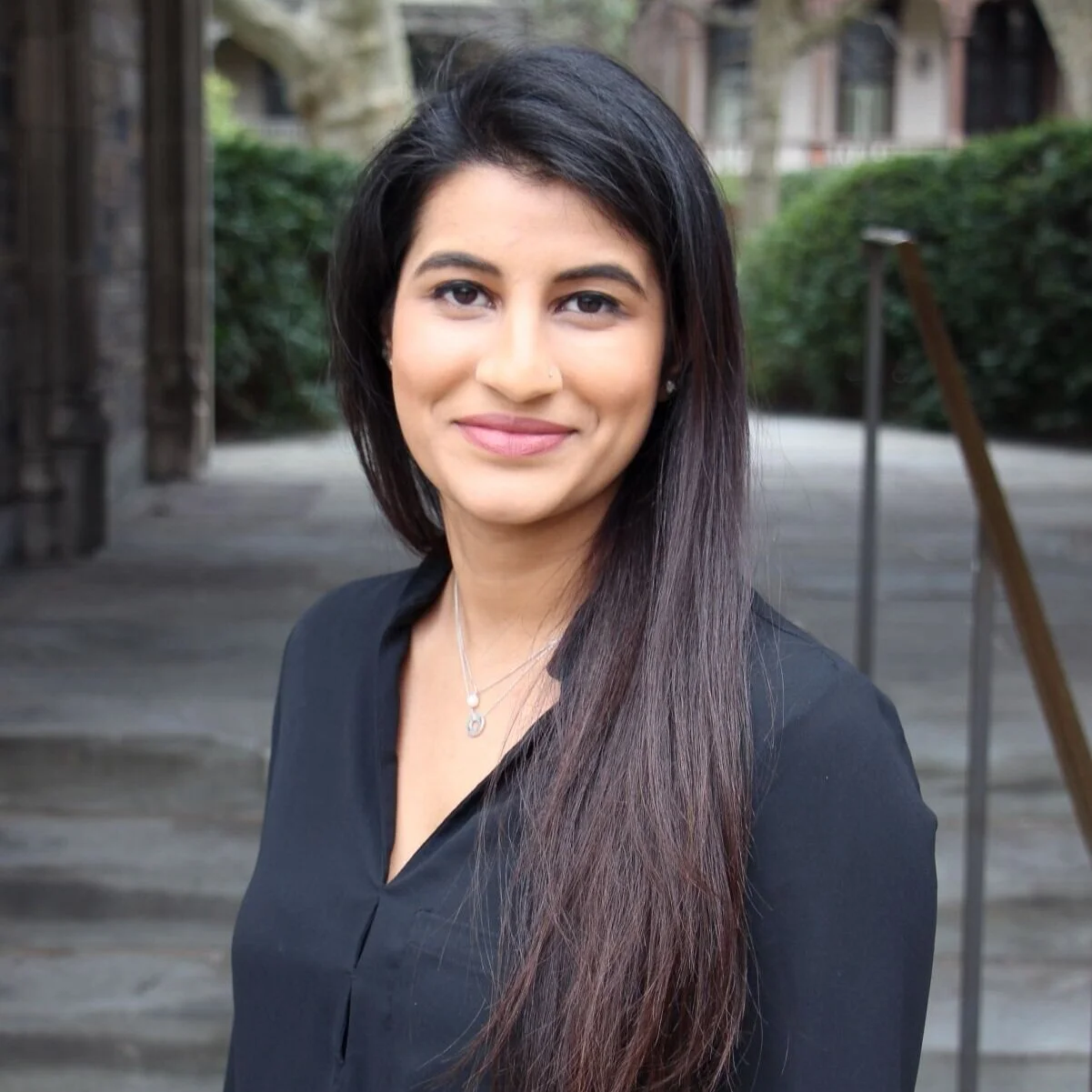
MISSION
Insert something here
FEATURED RESEARCH
-

Strengths in Numbers: How Women’s Groups Close India’s Political Gender Gap
It all begins with an idea. Maybe you want to launch a business. Maybe you want to turn a hobby into something more.
-

Build it.
It all begins with an idea. Maybe you want to launch a business. Maybe you want to turn a hobby into something more.
-

Grow it.
It all begins with an idea. Maybe you want to launch a business. Maybe you want to turn a hobby into something more.
ABOUT US
South Asia has the largest gender gap in women’s political participation. In India, women have had legal suffrage since independence and for the past three decades have held at least 33 percent of locally elected seats in keeping with a quota enacted in the Constitution. However, women have low representation at higher levels of office -- only 12 percent of parliamentarians are female – and female citizens participate in politics in between elections at one fourth the rate of men. Regular protests continue to spotlight the issues of violence against women and persistent gender inequalities, as well as the limits of current political institutions and policies in representing women’s interests and generating truly equal representation. Ensuring the representation of women’s interests is important for a wide range of development issues, as women have been shown to be more likely to demand public goods and services that benefit their households and communities.
In this early-stage initiative, the Policy and Representation Lab will focus on improving women’s representation at all levels of the political process. In partnership with a political party in India and large central government Ministry, the initiative scholars will design and test interventions to make progress on improving female political participation through several avenues including turnout and helping women become party workers, local leaders, and political candidates and will examine the impact of representation on changes in policy outcomes like the provision of water, toilets, healthcare, and education and women’s participation in welfare schemes such as MGNREGS. Initiative scholars will also explore ways to ensure that women’s interests are elevated and heard broadly.
The lab will also train and mentor Stanford students working on questions of gender, representation, and development in South Asia, including providing training to graduate students conducting field research, particularly with policy collaborators. The lab aims to become a focal point for collaboration among Stanford scholars working on these critical topics.
Postdoctoral Research Fellows
Gemma Dipoppa
Selena Hofstetter
Graduate Students
Feyaad Allie
Sierra Davis Thomaner
Madison Dalton
Sarah Thompson
Sebastian Łucek
Aliz Tóth
Natalya Rahman
Predoctoral Research Fellows
Ei Thandar Myint
Diego Tocre
Postdoctoral Reserach Fellows
-

Gemma Dipoppa
-

Selina Hofstetter
Graduate Students
-

Feyaad Allie
-

Madison Dalton
-

Sebastian Łucek
-

Natalya Rahman
-

Sierra Davis Thomaner
-

Sarah Thompson
-

Aliz Tóth
Predoctoral Research Fellows
-

Ei Thandar Myint
-

Diego Tocre
Inclusive Democracy
to delete (democracy)
-

How the Labor Force is Mobilized: Patterns in Informality, Political Networks, and Political Linkages in Brazil
-

Strengths in Numbers: How Women’s Groups Close India’s Political Gender Gap
-

Is Knowledge Power?: Civics Training, Women’s Political Representation, and Local Governance in India
-

What Constrains Young Indian Women’s Labor Force Participation? Evidence from a Survey of Vocational Trainees
-

Pessimistic Beliefs of Norms: Descriptive Findings on Women's Political Participation in Pakistan
-

Good Politicians: Experimental Evidence on Motivations for Political Candidacy and Government Performance
-

Representation and Forest Conservation: Evidence from India's Scheduled Areas
-

Press 1 for Roads': Improving Political Communication with New Communication Technology
-

The Political Economy of Public Sector Absenteeism
-

Personalities and Public Sector Performance
-

Barriers to Political Entry: Experimental Evidence from Local Government Elections in Pakistan
-

Do Campaign Contribution Limits Curb the Influence of Money in Politics?
-

Information, Candidate Selection, and the Quality of Representation: Evidence from Nepal
-

Who Enters Politics and Why?
-

Does Political Affirmative Action Work, and For Whom? Theory and Evidence on India’s Scheduled Areas
-

Data and Policy Decisions: Experimental Evidence from Pakistan
-

Can Political Alignment be Costly?
-

Politicians, Bureaucrats, and Development: Evidence from India
To delete (development)
-

How the Labor Force is Mobilized: Patterns in Informality, Political Networks, and Political Linkages in Brazil
Book Chapter Inclusive Democracy Political Participation
-

Build it.
It all begins with an idea. Maybe you want to launch a business. Maybe you want to turn a hobby into something more.
-

Grow it.
It all begins with an idea. Maybe you want to launch a business. Maybe you want to turn a hobby into something more.
Where to Find Us
Encina Hall West
417 Galvez Mall
Stanford, CA 94305
Email
info@id2lab.org


































